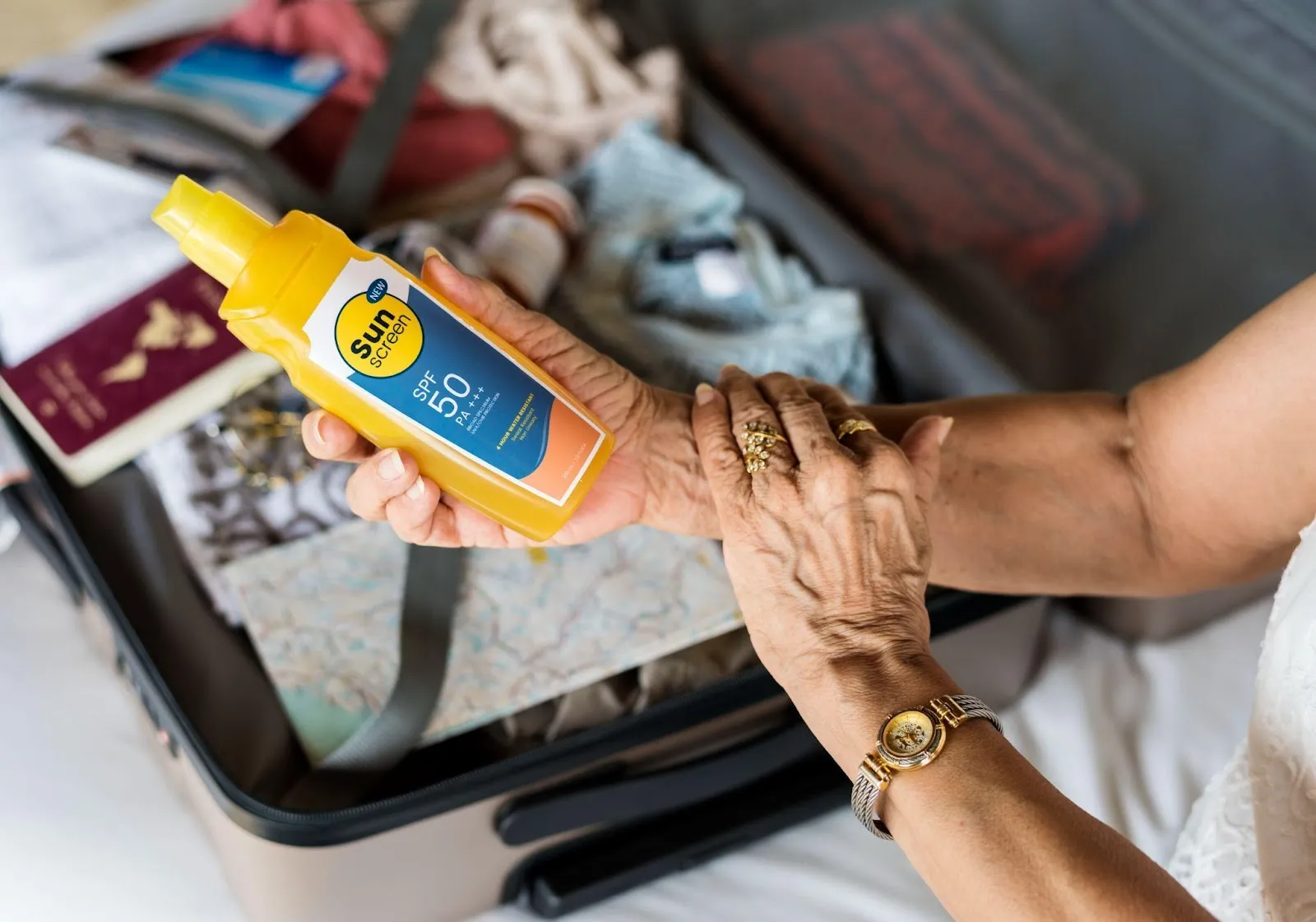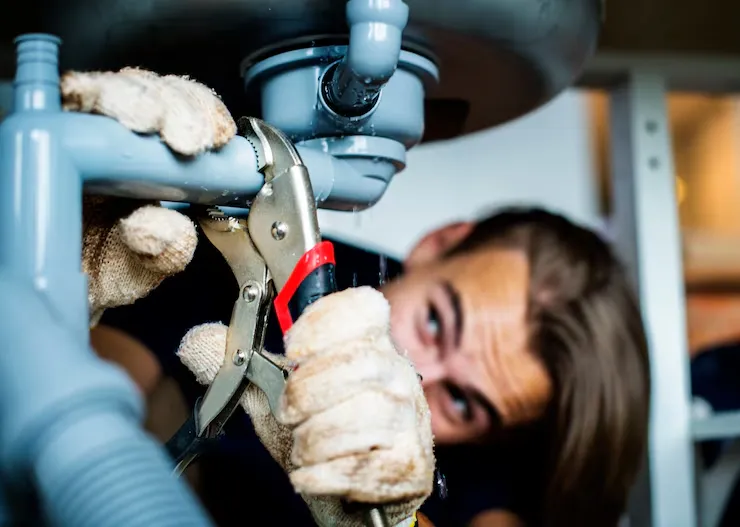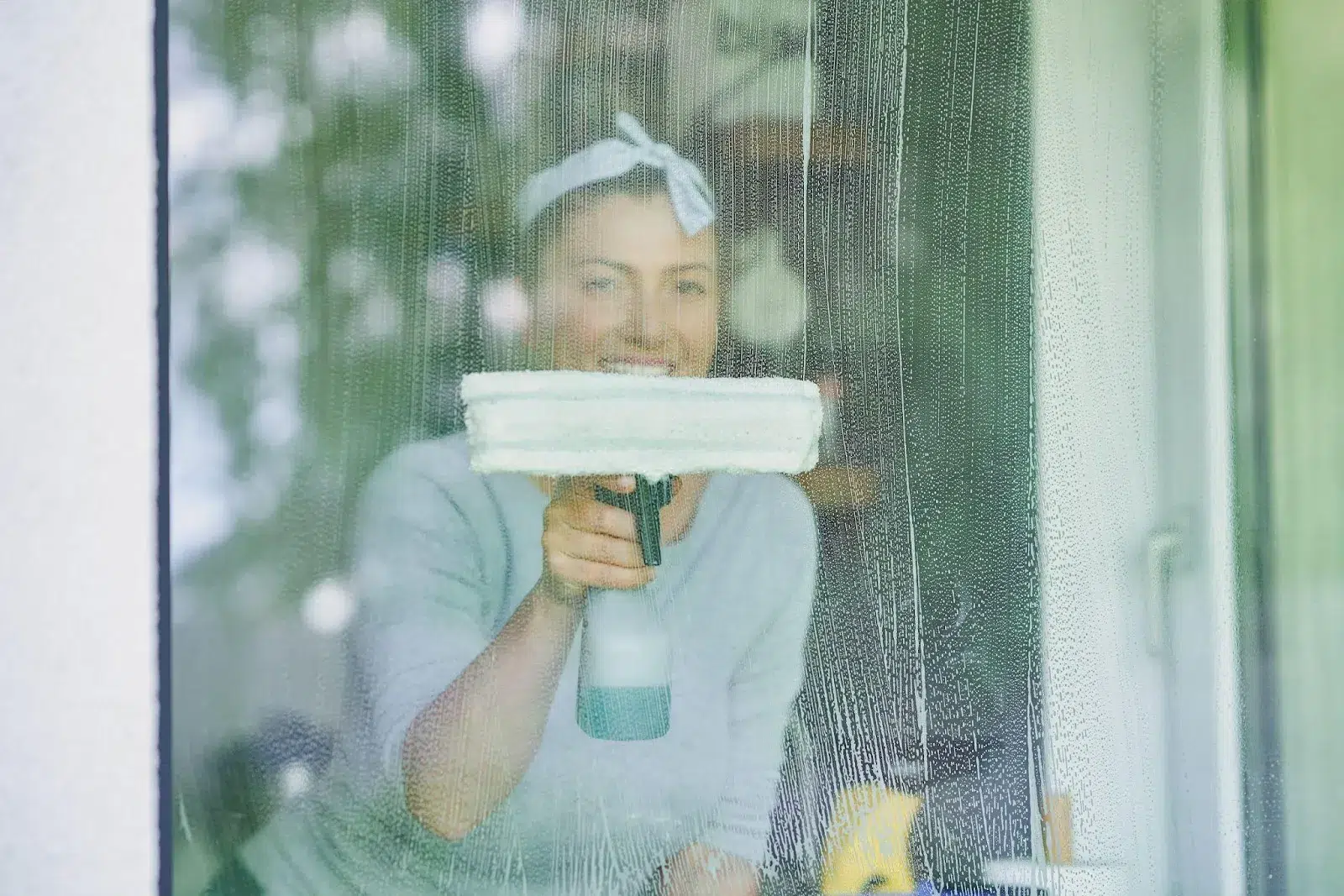Have you ever stepped outside on a hot summer day in Ontario and felt the intense heat draining your energy? Many people associate Canada with cold winters, but Ontario summers can be brutal.
Temperatures often rise above 30°C (86°F), and with high humidity, it can feel even hotter. Heat waves are becoming more frequent, lasting longer, and putting seniors and families at serious risk.
Many homes in Ontario, especially older ones, lack central air conditioning.
This makes extreme heat even more dangerous for vulnerable individuals like seniors, young children, and people with medical conditions.
Heat exhaustion, dehydration, and heat stroke are real threats. Without proper precautions, a simple hot day can turn into a medical emergency.
But you can stay safe.
In this guide, we’ll reveal what the 5 Safety Precautions For Heat In Canada are. To help Ontario residents beat the heat and avoid health risks.
If you or a loved one need extra help managing heat at home, Custodia can assist with HVAC maintenance, insulation upgrades, installing sunshades, planting and caring for trees for natural cooling, and optimizing home ventilation to keep indoor temperatures comfortable.
What Are The Safety Precautions For Heat In Canada?
Here are five critical heat safety precautions every Ontario resident should follow:
1. Stay Hydrated: The Key to Preventing Heat Stroke
Your body loses fluids quickly in extreme heat, and without enough water, dehydration sets in fast. This can lead to dizziness, fatigue, and even heat stroke.
In Ontario, where summers can get hot and humid, drinking water regularly is essential. Many people wait until they feel thirsty, but by then, dehydration may have already started. Avoid caffeine and alcohol as they speed up fluid loss.
Eating water-rich foods like cucumbers, watermelon, and oranges can also help keep you hydrated.
PS: If your urine is dark or you feel lightheaded, it’s a sign to drink more water immediately.
2. Keep Cool

Extreme heat can be dangerous, especially for those without proper cooling. If you have air conditioning, use it to maintain a comfortable indoor temperature.
Closing curtains and blinds during the day prevents excess heat from entering your home. Fans can help, but only if used with proper ventilation—otherwise, they may just circulate hot air.
When outdoors, seek shade whenever possible, avoid direct sunlight, and schedule activities for early morning or evening when temperatures are lower.
PS: Taking cool showers or using damp cloths on your neck and wrists can also help lower body temperature.
[Read: Summer Home Maintenance Checklist in Ontario]
3. Dress Appropriately And Use Sun Protection

Wearing the right clothing can significantly reduce the risk of overheating and sunburn. Loose-fitting, light-colored clothing reflects heat better than dark colors, keeping your body cooler.
Breathable fabrics like cotton allow sweat to evaporate, which helps with cooling.
A wide-brimmed hat provides shade for your face and neck, while UV-protective sunglasses shield your eyes. Sunscreen with high SPF is a must, even on cloudy days, as harmful UV rays can still cause sunburn.
Pro Tip: Reapply sunscreen every two hours if you’re outdoors for extended periods.
4. Monitor Vulnerable Populations: Elderly, Children, and Pets
Some people are more sensitive to heat than others. Seniors, young children, and pets struggle to regulate body temperature and are at higher risk of heat-related illnesses.
Checking in on elderly family members and neighbors ensures they are staying cool and hydrated. Never leave children or pets in parked cars, as temperatures inside can skyrocket within minutes.
If you have pets, make sure they have access to shade and plenty of fresh water.
During heat waves, limit outdoor activities for young children and encourage indoor play to prevent heat exhaustion.
5. Plan and Prepare: Emergency Readiness During Heatwaves
Ontario has experienced an increase in heat waves over the years, making preparation more important than ever. Keep track of local heat warnings and plan ahead.
A heat emergency kit should include bottled water, electrolyte drinks, cooling towels, and a backup power source in case of a blackout.
If a heat wave is expected, consider alternative cooling options such as visiting malls, libraries, or community centers with air conditioning.
It’s also essential to recognize the signs of heat illness—if someone experiences confusion, rapid heartbeat, or excessive sweating, seek medical help immediately.
Are You Truly Prepared for Extreme Heat?
Do you have a plan for extreme heat? What if your cooling system fails during a heatwave?
At Custodia, we specialize in heat safety solutions to keep you and your loved ones comfortable ‒ we can help you prepare before the heat becomes unbearable. Wondering what are the 5 safety precautions for heat in Canada?
Get expert advice today!
Book a free consultation and explore our Home Management Plans, packed with amazing discounts for seniors.
Plus, check our updated service areas across Canada to see how we can help you stay safe this summer.




